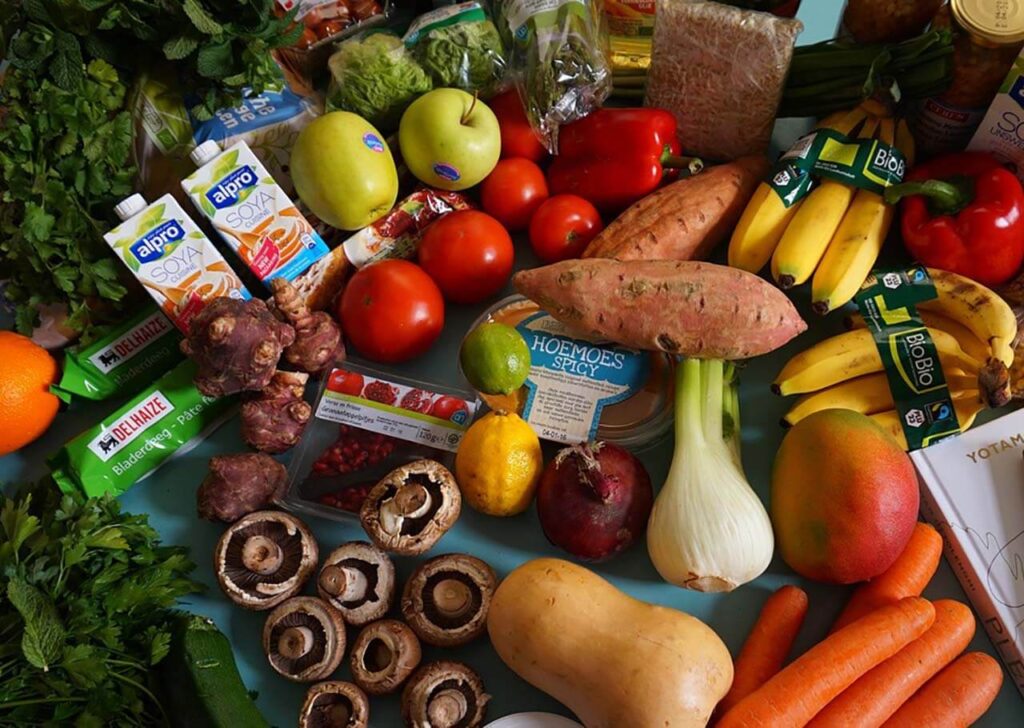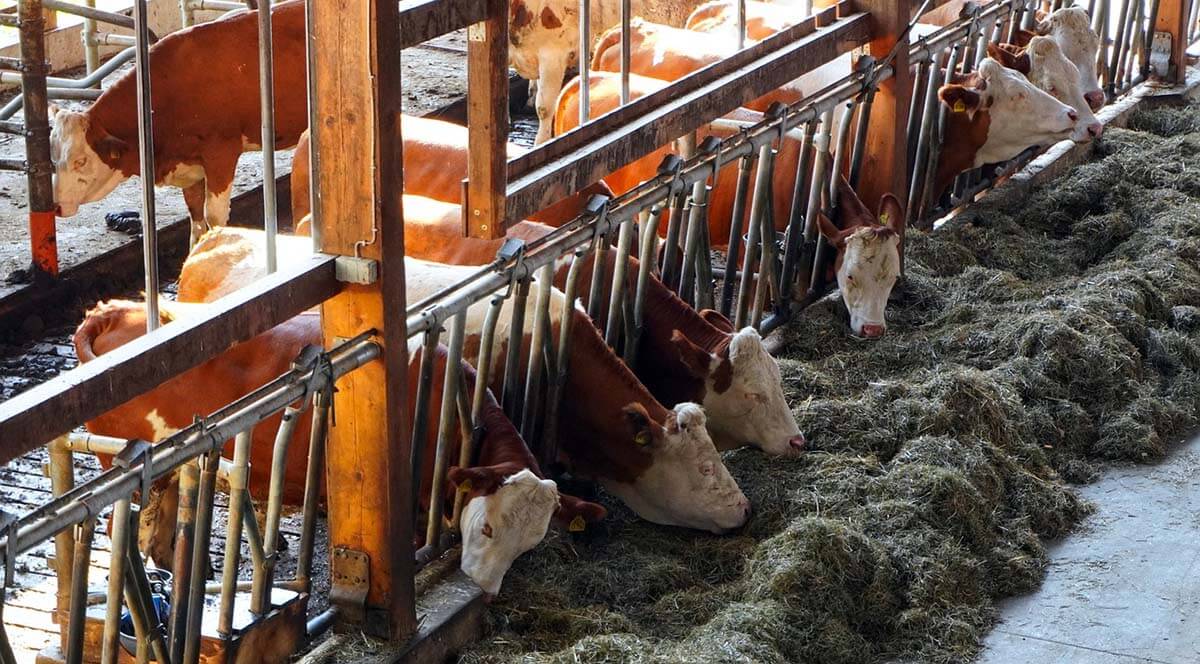
World Bank says agricultural subsidies should be reallocated to protect the climate
It would make sense to shift subsidies away from meat and animal food production towards food production with lower emissions.
Redirecting subsidies for food from high-emission farms, such as beef cattle, to those with lower emissions can help the developed world, including Europe, to achieve net zero emissions, says the World Bank in its first strategic framework on the impact of food production on climate change.
“High-income countries need to reduce consumer demand for high-emission animal foods by fully pricing in environmental and health externalities, redirecting subsidies and promoting sustainable food options,” says the report, released on 7 May.
The Washington-based financial institution defines high-income economies as countries with a gross national income (GNI) per capita of €12,860, covering 83 states – including all EU member states except Bulgaria.
The EU’s Common Agricultural Policy (CAP) accounts for roughly a third of the bloc’s long-term budget and is often criticised for over-subsidising livestock farming.
Disproportionately high subsidies for the production of animal products
According to a recent study published in the scientific journal Nature, more than 80% of CAP funding over the last decade has been used for animal production – 38% for farming and 44% for animal feed. In addition, the CAP’s ‘coupled’ payment system also links income support to the production of certain foodstuffs, in particular animal products.

The EU is currently trying to “decouple” its agricultural support budget by capping coupled support at 13% of the direct payments budget. However, the mechanism is still largely available and in 2022 73% of the total share of coupled support was earmarked for meat and dairy products.
The World Bank estimates that the recycling of public agricultural subsidies could increase national income by 1.6%, reduce the cost of healthy diets by 18%, and reduce agricultural output by 40% compared to a continuation of the status quo. The report concludes that changes in the distribution of subsidies can only partially sustain the costs of reducing agri-food emissions and stresses that significant additional resources are needed. It also cites food labelling and education and communication campaigns as effective tools needed to increase the uptake of low-emission foods.
“Changing consumers’ healthy, low-emission diets could reduce diet-related emissions by up to 80% and reduce land and water use by 50%,” the report says.
Dietary change and other aspects linked to consumer demand were central to Ursula von der Leyen’s flagship “Farm to Fork” strategy, unveiled at the start of her mandate but largely incomplete.
World Bank proposal to policy makers
The World Bank recommends that policymakers accompany the recycling of subsidies with public policies that make private investment in agrifood mitigation less risky and provide more opportunities and incentives for low-emission or productivity-enhancing technologies.
“Too little money is being invested in reducing agri-food emissions,” the report stresses, adding that annual investment needs to increase 18-fold to halve current food production emissions by 2030.
The health, economic and environmental benefits could be as high as €4 trillion by 2030, more than the value of the German economy, says the World Bank.